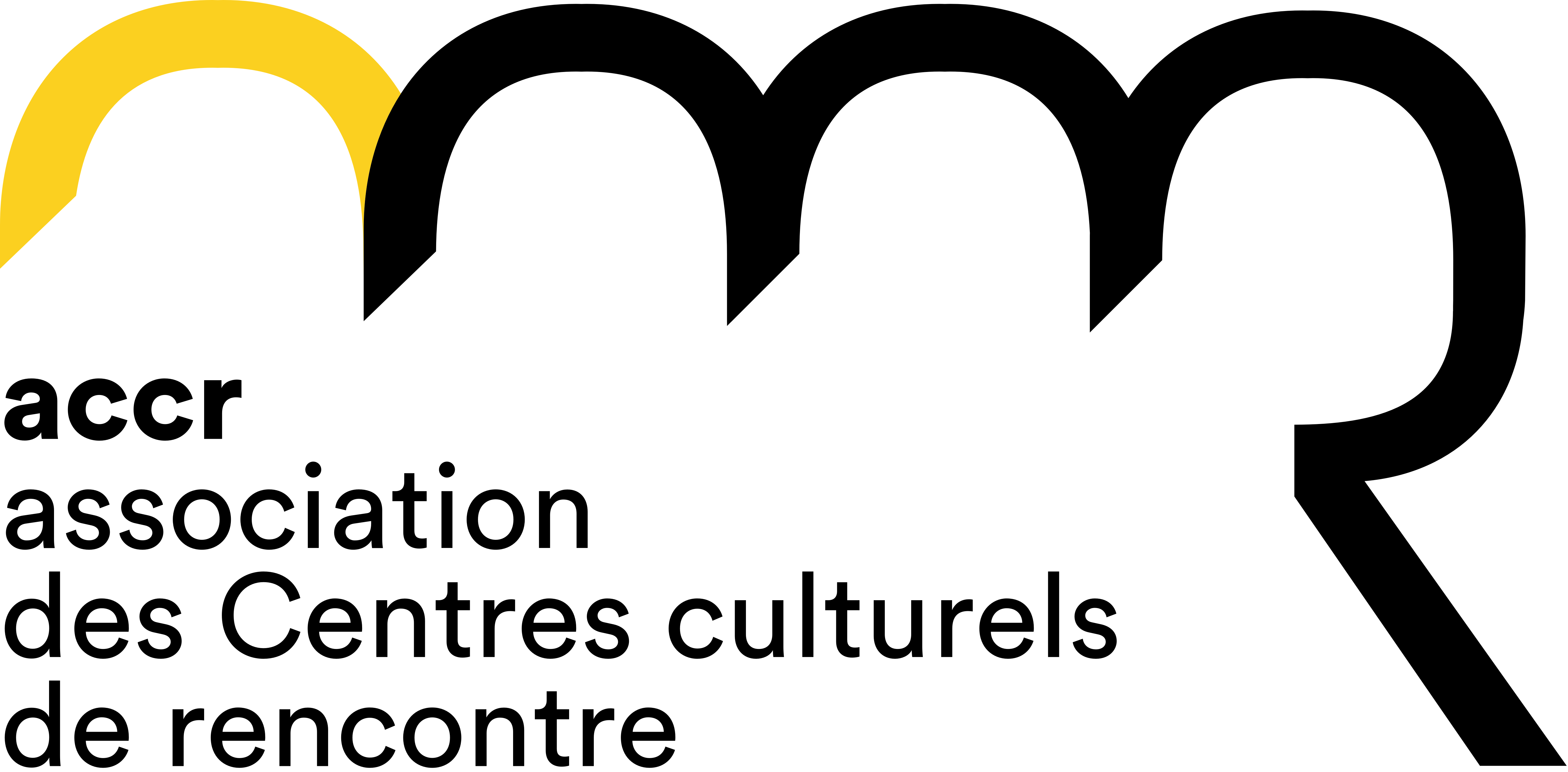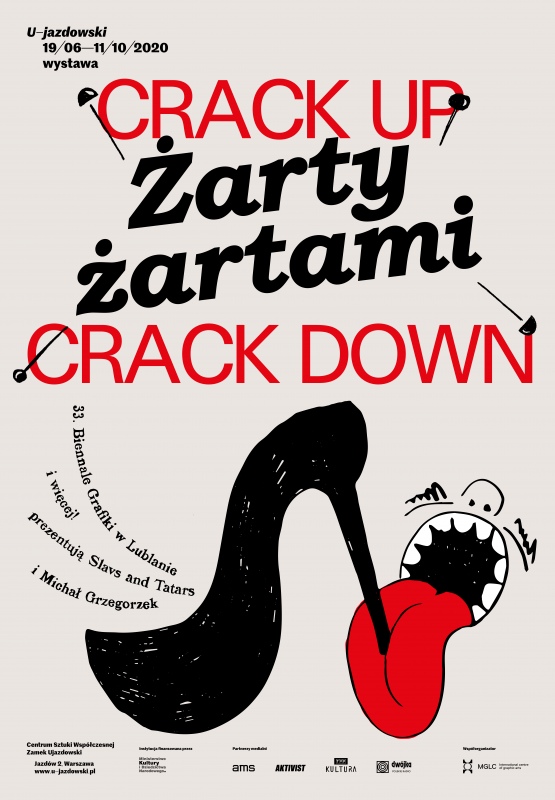Biting jokes, bantering drawings, activist interventions, ironic memes. How has humour evolved over last decades? Crack Up – Crack Down, an exhibition put together by the art collective Slavs and Tatars, is about satire: its power and its failings. Its first edition was presented at the 33rd Biennial of Graphic Art in Ljubljana, now at the Ujazdowski Castle Centre for Contemporary Art, this global overview of satire as a graphic genre has been expanded to include new Polish contexts.
Satire is equally moralising as it is critical: rampage and subversion are in its nature. It can mock but also terrorise. Humor of course changes with political shifts and technological development. Comedic expression is known to bloom particularly under authoritarian regimes – as was the case with the rich tradition of communist humour in Central and Eastern Europe, or the many examples from the Middle East. Satire can also be a tool of ideology even if it is well-fitted to unmask the mechanisms of authority. In these times of post-truth, it becomes a litmus paper of the public mood.
The exhibition showcases both historical and contemporary works, including activist interventions, satirical magazines, and academic elaborations. Slavs and Tatars have not reduced graphic art to the mere role of a “medium” but have granted it agency. At the Ujazdowski Castle Centre for Contemporary Art, the collective presents a broad spectrum of works by artists from Slovenia, Ukraine, Georgia, Bulgaria, but also China, Iran, UK, and the US. Polish artists include Bolesław Chromry, Rafał Dominik, Jana Shostak and Jacqueline Sobiszewski.
“With the rise of populism across the globe (not to mention reductive and revanchist forms of identity politics), there has been vigorous debate over who constitutes ‘the people.’ For more than a millennium, satire has been a particularly contested genre to explore such questions, via varying degrees of serious invective or jocular teasing. Is each joke, as George Orwell maintained, a tiny revolution? Or does laughter deflate the pressures and tension which could otherwise lead to political upheaval?” – Slavs and Tatars

